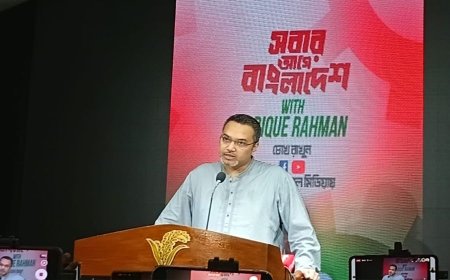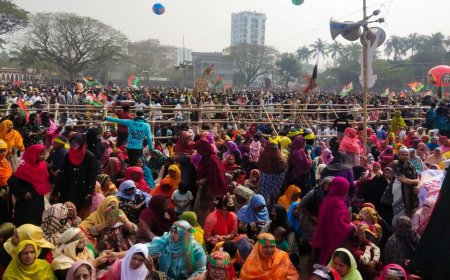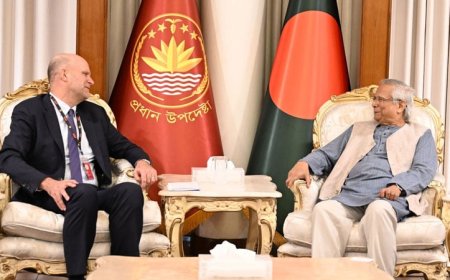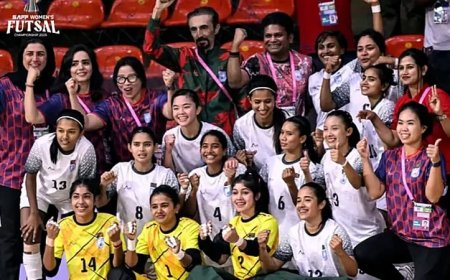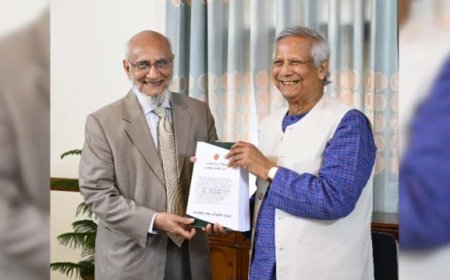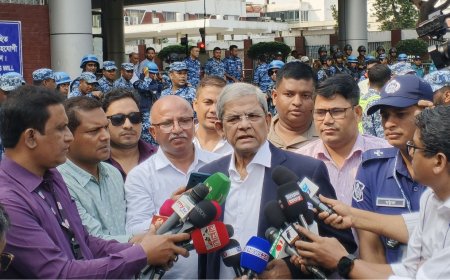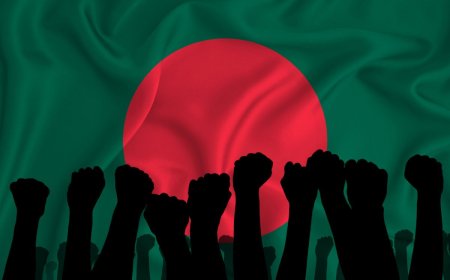Repression against women and children persists despite political changes
Repression against women and children persists despite political changes
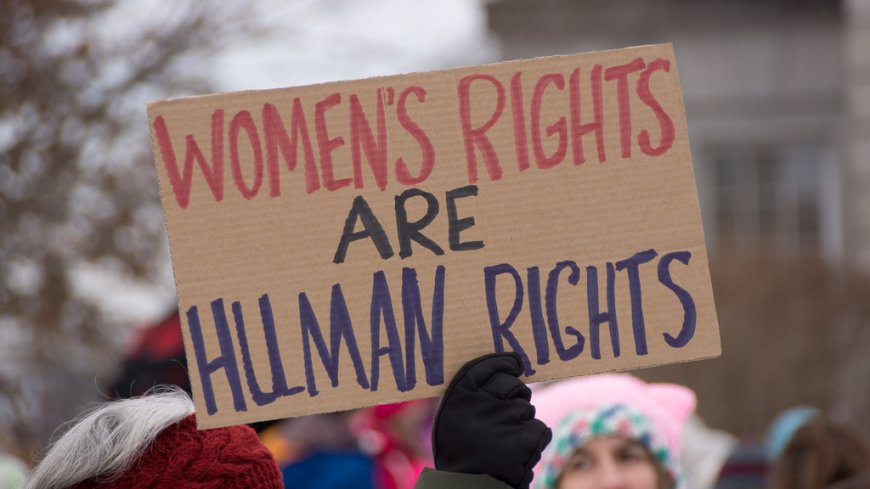
On August 9, two young women, aged 21 and 22, were abducted from Pashchimdi Road in South Keraniganj, Dhaka, and subjected to gang rape. One is a garment factory worker, while the other works at a beauty parlor. Held captive, they were assaulted by six men. The beauty parlor worker managed to escape that night, and the other woman was rescued the following morning after local students were alerted.
Another incident involved a 65-year-old woman who had come to Dhaka with others seeking relief. She became a victim of gang rape on September 7. After emergency services were contacted, police from Shahbagh Station found her in Suhrawardy Udyan, where she needed medical help.
All three women were admitted to the One-stop Crisis Centre (OCC) at Dhaka Medical College Hospital. The elderly woman has since been taken home by her son, while the two young women remain in contact with police as they file charges.
These cases illustrate the continued violence against women and children nationwide, despite the recent political shift. The previous government, led by Sheikh Hasina, fell on August 5 following widespread protests, and Dr. Muhammad Yunus became Chief Adviser of the interim government on August 8. However, the incidence of violence against women and children remains unchanged.
Police data shows that between January and September, 12,769 cases were filed under the Prevention of Oppression against Women and Children Act-2000. Of these, 6,202 were rape or attempted rape cases, with 4,332 alleging rape and 1,870 alleging attempted rape. Additionally, 3,208 cases were related to dowry violence, 47 for arson, 3,287 for abductions, and 25 for child hostage situations. During this period, 136 women were killed over dowry disputes, while 12 women and 11 children were murdered following rape.
Media reports from recent months document further incidents. In October, a nine-year-old girl from Banani was raped, sustaining severe injuries, and a 13-year-old domestic worker named Kalpana was rescued from her employer's home in Bashundhara with multiple injuries. The rape survivor has returned home with her family, while Kalpana remains in treatment at Dhaka Medical College Hospital’s burn unit. Another brutal case on October 21 involved the abduction and gang rape of a mother and daughter in a remote area of Companiganj, Noakhali.
In response, Sharmeen S Murshid, Adviser on Women and Children’s Affairs, announced plans to create a "rapid response team" across the country to tackle violence against women and children. These teams would include members from the administration, police, legal professionals, local officials, and youth representatives.
Since the political transition in August, there has been a noted decrease in case filings, partly due to attacks on police stations and reduced police activity. For instance, in the South Keraniganj gang rape case, a complaint was only filed on September 2—23 days after the incident. Inspector Nayan Karkun from South Keraniganj Police Station stated that the delay was due to the ongoing instability.
Police data reveals that August saw the lowest number of cases filed under the act, with a 13–47 percent drop compared to other months. For instance, January saw 786 cases, February 993, and March 1,100, while only 684 cases were filed in August.
Sabina Yasmin, OCC Coordinator, noted that fewer victims sought medical help at the OCC between mid-July and early August, likely due to the prevailing unrest. Yet, throughout July and early August, victims continued to report violent incidents.
Professor Muhammad Omar Faruk, Chair of Criminology and Police Science at Mawlana Bhashani Science and Technology University, highlights that these crimes stem from deep-rooted social issues. Deteriorating social values and weakened family bonds contribute to these crimes, and the lack of an effective judicial system and law enforcement further enables violence.
Professor Faruk advocates for strengthening social and community values, swift action against perpetrators, and empowering victims to seek justice. He urges the interim government to take concrete steps to restore trust in the justice system and encourage victims to come forward.
What's Your Reaction?







